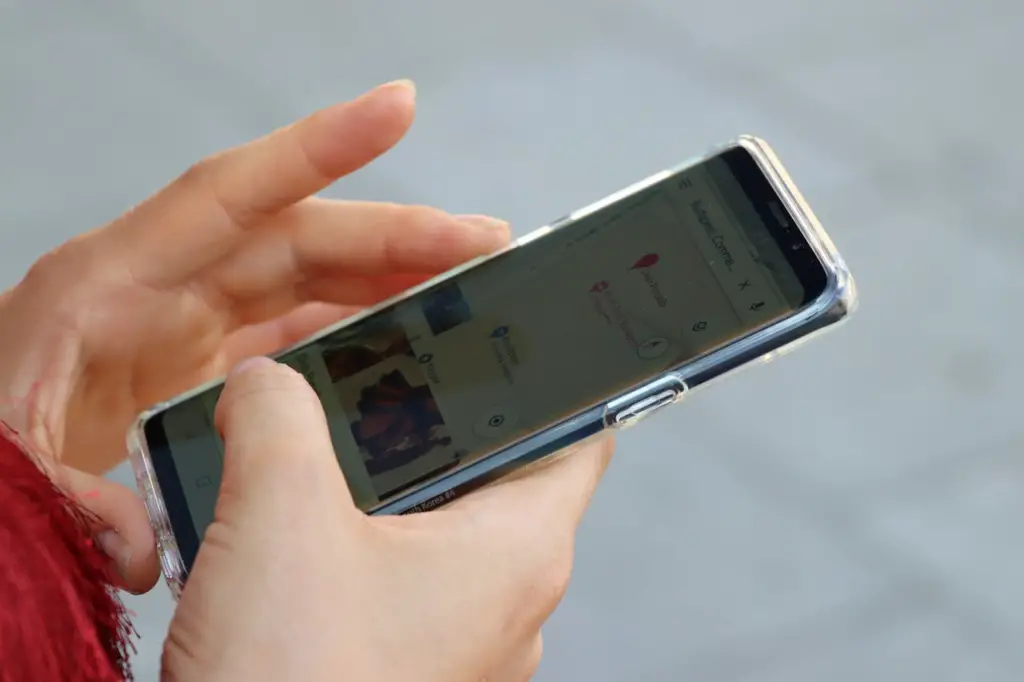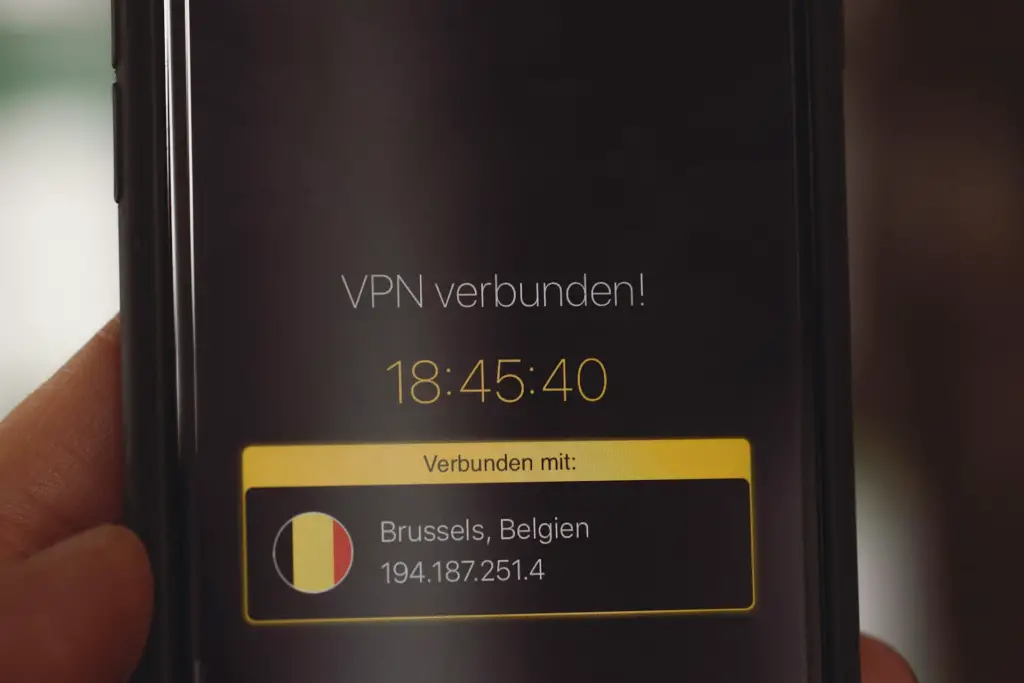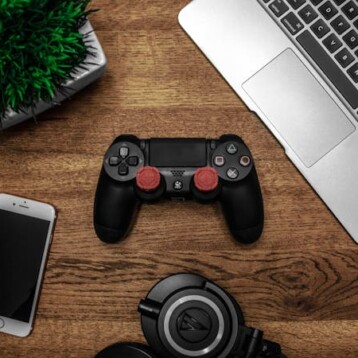Your smartphone has built-in location services, which might be useful if you misplace it or use an app that requires your whereabouts.
You may want to switch off location services for security concerns. In this instance, you may be wondering, “Can someone track my phone if my location is off?” Yes, mobile phones can be tracked even when location services are disabled.
Can Your Phone Be Tracked If Location Services Are Off?

Turning off location services on your phone is intended to render it untraceable. However, this is not always the case, as there are alternative methods for tracking your device. So, can a phone be monitored even if location services are switched off?
To be fair, shutting off your device’s built-in location service effectively conceals your whereabouts. And, if asked, should location services be enabled or disabled? The best option for privacy is “off.” Trackers, on the other hand, can use different technologies and techniques to determine your device’s location regardless of whether location services are enabled.
Ways Your Phone Can Be Tracked Without GPS
While GPS is the most prevalent method for tracking the location of cellphones, it is not the only option. Even if GPS is switched off or unavailable, a variety of techniques and technologies can be used to determine the location of a phone.
Understanding these approaches is critical for protecting privacy because many of them function without the user’s consent or knowledge. Here are six ways to track your phone without using GPS.:
Cell Tower Triangulation
Cellular networks can track your phone’s location using a technique known as cell tower triangulation. To sustain service, your phone continually connects with nearby cell towers. Your approximate location can be established by comparing the signal strength and transit time between your phone and numerous cell towers.
This approach is not as precise as GPS, but it can get close in urban areas with many towers. Law enforcement and cell service providers frequently utilize this strategy to find phones.
Wi-Fi Positioning
Wi-Fi networks can also be utilized to determine your phone’s position. When you join to a Wi-Fi network, the router logs your phone’s MAC (Media Access Control) address, which reveals which network you are connected to.
Furthermore, your phone is always checking for Wi-Fi networks, even while you are not actively connected to them. Many apps and services monitor nearby Wi-Fi hotspots and utilize a database of known network locations to approximate your location.
Companies like Google and Apple employ this technology to improve location accuracy in regions with low GPS reception, such as inside or heavily crowded cities.
Bluetooth Beacons
Bluetooth beacons are small devices that send Bluetooth signals to adjacent cellphones. When your phone detects one of these beacons, it can utilize the signal to calculate your proximity to the beacon’s position. This method is widely utilized for location-based services in retail settings, museums, and other public venues.
Beacons may provide extremely accurate location information over short distances (a few meters), and they are frequently used in conjunction with Wi-Fi and GPS to improve location accuracy.
While this method requires Bluetooth to be activated on your smartphone, many users leave it turned on for convenience, making them exposed to tracking.
IP Address Tracking
Every time you connect to the internet with your phone, it is assigned an IP (Internet Protocol) address. While an IP address does not provide precise location information, it might indicate your broad geographic location by telling which area or city you are in.
Internet service providers (ISPs) and websites you visit can trace your IP address and use it to approximate your location.
Some services utilize a technology known as “geolocation by IP” to refine this estimate by examining the network infrastructure to which your device is connected. This method is less precise than others, but it can still provide an approximate estimate of where you are.
Also Read: Usage and Advantages of Loopback IP Addresses
Magnetometers And Accelerometers
Smartphones come equipped with a variety of sensors, including magnetometers and accelerometers, which can be used to determine location. For example, a magnetometer measures the strength and direction of magnetic fields, which can aid in determining the phone’s orientation and travel across space.
An accelerometer measures changes in both speed and direction. Apps can make reasonable estimates about your activities and position based on this data and other methods, even without GPS. This technique is commonly used in fitness apps to track walking or running routes, but it may also be applied to location tracking.
SIM Card Location Tracking
You can also utilize your phone’s SIM card to track your whereabouts. SIM cards link to mobile networks via cell towers, and by monitoring which towers your phone connects to, you may determine your location.
Some mobile providers can trace the position of SIM cards even if the phone is turned off or unplugged from the network, as long as the SIM card is active.
Governments and law enforcement organizations frequently ask carriers for this information during investigations. This method is very accurate in locations with a high concentration of cell towers, but it gets less exact in rural or distant regions.
Also Read: What are the Different SIM Sizes?
Tips To Secure Yourself

Disable Location Services
One of the most straightforward ways to prevent location tracking is by disabling location services on your phone.
- Go to your phone’s settings > Location Services (on iOS) or Location (on Android) > Toggle it off.
- You can also choose to disable location services for specific apps that don’t need access to your location.
- Avoid apps that request excessive permissions for location, especially if the functionality does not seem necessary for their purpose.
Turn off Wi-Fi and Bluetooth When Not in Use
Your phone is continually searching for Wi-Fi networks and Bluetooth devices, which might reveal your whereabouts even when GPS is turned off. When you are not using Wi-Fi or Bluetooth, turn them off to prevent your phone from being tracked.
- Swipe down your notification bar (Android) or Control Center (iOS) to disable Wi-Fi and Bluetooth.
- Disable automatic connection to known Wi-Fi networks to avoid unintended exposure.
Also Read: Turbogeek.org – The Ultimate Fusion of Tech, Gaming, and Geek Culture!
Use A VPN
A Virtual Private Network (VPN) hides and encrypts your internet connection, making it harder for websites or hackers to track your location using your IP address.
- Install a reliable VPN program with a strict no-logs policy to ensure privacy.
- Turn on the VPN whenever you browse the internet or use apps that require location information.
Monitor App Permissions
Many apps want access to your location and other critical information without a valid reason. Regularly evaluating app permissions ensures that only trusted apps have access to your data.
- Navigate to your phone’s Settings > Privacy > App Permissions (Android) or Privacy > Location Services (iOS). Examine the apps having location access.
- Remove or restrict location access from apps that do not require it for fundamental operation.
Use “Airplane Mode” When Necessary
Turning on Airplane Mode disables all wireless communications, including cellular, Wi-Fi, and Bluetooth, preventing your phone from sending data to nearby cell towers and networks. This is a good short-term strategy for avoiding all forms of tracking.
- To go entirely off-grid, enable Airplane Mode in your phone’s settings or control panel.
Regularly Update Your Software
Security flaws in obsolete software can be used to track your whereabouts or obtain unauthorized access to your device. Updating your operating system and apps guarantees that these vulnerabilities are patched and your data is secure.
- Enable automatic updates for your operating system and check the app store on a regular basis for updates to installed apps.
Turn Off Ad Personalization
Many organizations track your behavior across applications and websites in order to serve targeted adverts, frequently utilizing your location information. Disabling ad personalization can help to minimize tracking.
- Open your phone’s settings > Google (for Android) > Ads > Turn off Ads Personalization, or on iOS, go to Settings > Privacy > Apple Advertising > Turn off personalized ads.

Also Read: Netwyman Blog: What It Offers In 2024?
FAQs
To avoid tracking, disable location services, turn off Wi-Fi and Bluetooth when not in use, use a VPN to disguise your IP address, and check app permissions to ensure only trusted apps have location access. You can also enable Airplane Mode, which momentarily disconnects all transmissions.
No, turning off GPS eliminates only one type of tracking. Your phone can still be monitored using cell towers, Wi-Fi networks, Bluetooth beacons, and your IP address. Disabling other wifi connections or using a VPN is recommended to improve privacy.
Yes, some apps request excessive permissions, such as location data, even if they are not required for the app’s functionality. Always examine and modify app permissions in your phone’s settings, and only grant trusted apps access to your location.
A VPN can mask your IP address, making it difficult for websites and services to determine your geographical location online. However, a VPN does not prevent other types of location tracking, such as cell tower triangulation or Bluetooth tracking.
Conclusion
You can drastically improve your privacy and lower your risk of being followed by adjusting app permissions, deactivating unneeded wireless connections, using technologies such as VPNs, and updating your software on a regular basis.
Maintaining control over your personal data is critical in today’s digital era, and following simple safeguards can go a long way toward protecting your privacy.









